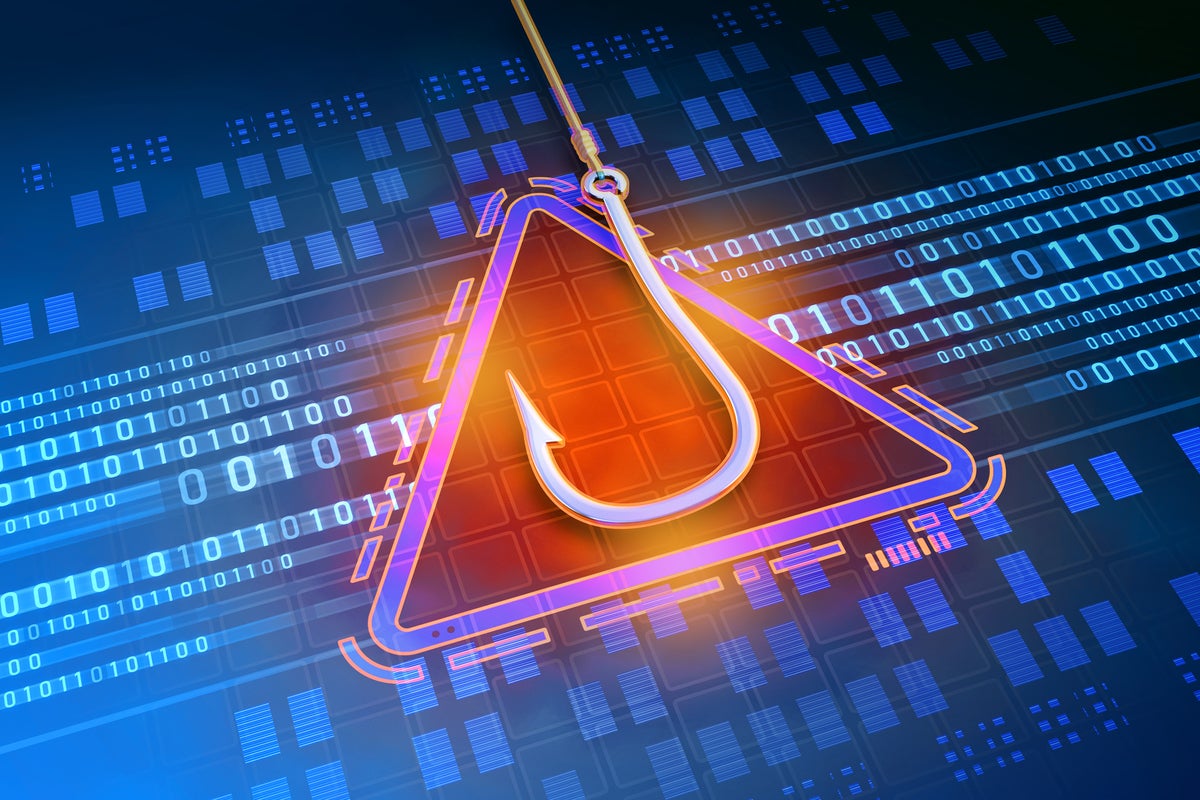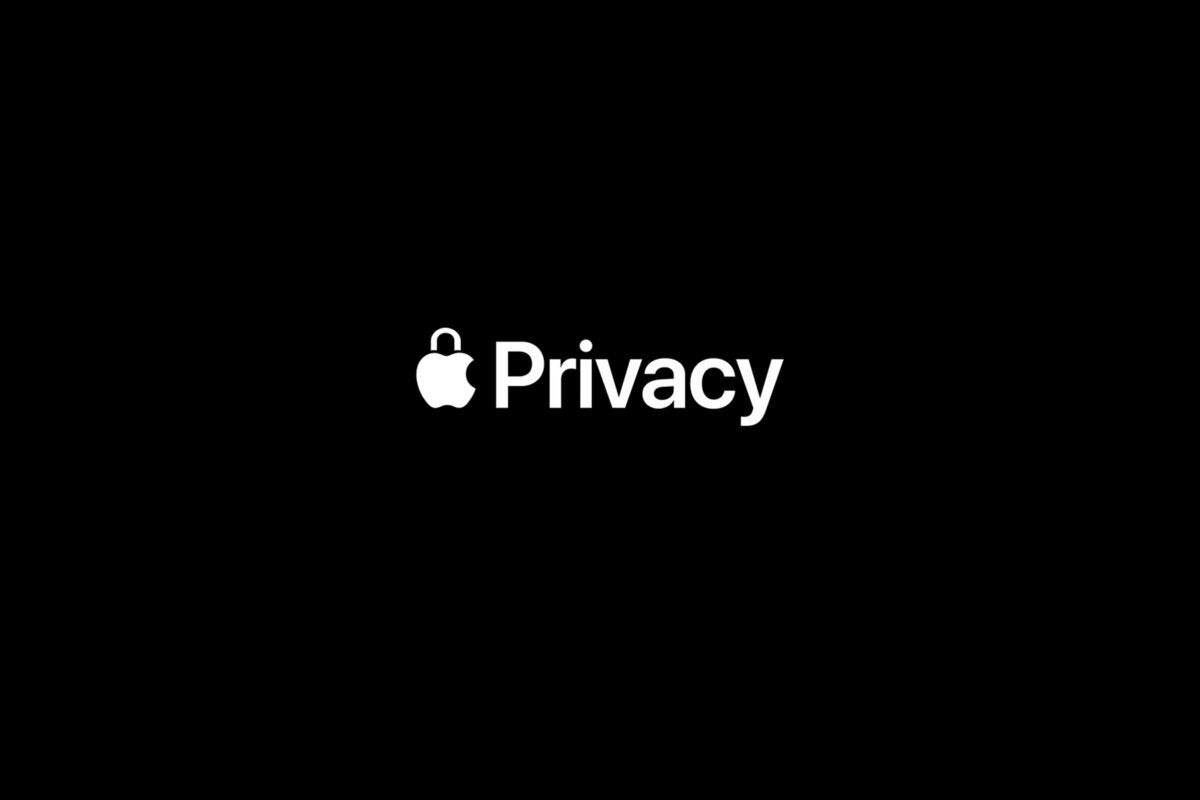S3 Ep77: Bugs, busts and old-school PDP-11 hacking [Podcast]

Credit to Author: Paul Ducklin| Date: Thu, 07 Apr 2022 12:24:59 +0000
Latest episode – listen now! Cybersecurity news and advice in plain English.
Read more
Credit to Author: Paul Ducklin| Date: Thu, 07 Apr 2022 12:24:59 +0000
Latest episode – listen now! Cybersecurity news and advice in plain English.
Read more
Credit to Author: Paul Ducklin| Date: Wed, 16 Mar 2022 15:49:29 +0000
“Install this moneymaking app” – this one is so special that it isn’t available on Google Play or the App Store!
Read more
Credit to Author: Paul Ducklin| Date: Tue, 15 Mar 2022 16:36:04 +0000
Lots of fixes, with data leakage flaws and code execution bugs patched on iPhones, Macs and even Windows.
Read more
Credit to Author: Jonny Evans| Date: Mon, 14 Mar 2022 09:56:00 -0700
There has been a rapid spike in demand for VPN services in Russia and Ukraine since the invasion began almost three weeks ago. People in both nations seek online freedoms as offline misery intensifies, and want to see through the fog of conflict.
A VPN (virtual private network) service creates an encrypted tunnel between users and the servers they interact with. This helps secure the traffic to protect people from being identified, tracked, and surveilled.
Simon Migliano, Head of Research at Top10VPN, explained that Russians began seeking out VPN services before the conflict began. But demand has accelerated as it continues and authorities become more repressive there.

Credit to Author: Paul Ducklin| Date: Fri, 11 Feb 2022 14:25:40 +0000
Sudden update! Zero-day browser hole! Drive-by malware danger! Patch Apple laptops and phones now…
Read moreCredit to Author: Pieter Arntz| Date: Fri, 11 Feb 2022 11:27:06 +0000
 | |
| Your Macs, iPads, and iPhones all need to be updated. Categories: Exploits and vulnerabilities Tags: cve-2022-22620iOSiPadOSMontereyUAFwebkit |
The post Update now! Apple fixes actively exploited zero-day appeared first on Malwarebytes Labs.
Read more
Credit to Author: Jonny Evans| Date: Tue, 01 Feb 2022 06:01:00 -0800
Apple has introduced a new layer of protection to its existing two-factor authentication (2FA) system, making it a little harder for phishing attacks to successfully steal valuable authentication credentials.
Given that Apple, PayPal, and Amazon were the top three brands used for successful phishing attacks last year, according to a recent Jamf report, this matters.
Phishing is a huge problem. The scale of these attacks shot up during the pandemic. The FBI Internet Crime Report 2020 revealed that phishing attacks affected 241,342 victims in 2020, up from 114,702 in 2019, with adjusted losses of more than $54 billion. Verizon’s 2021 Data Breach Investigations Report confirmed that 36% of data breaches that year involved phishing.

Credit to Author: Jonny Evans| Date: Wed, 12 Jan 2022 09:43:00 -0800
Every time Apple attempts to inject a little more privacy into the digital world, it faces pushback – but the evidence suggests opponents would be better off going along for the ride.
Take Do Not Track for ads and the move to quash IDFA tracking in iOS 14. When Apple first announced its plan, critics across the ad industry complained it would damage their business.
Apple counter-argued that it would simply inspire advertisers to think more creatively about how to reach customers — while also providing more privacy to those customers.
Credit to Author: Pieter Arntz| Date: Thu, 27 Jan 2022 21:56:12 +0000
 | |
| Apple has patched two zero-day vulnerabilities that were being used in the wild. Users are advised to update as soon as they can. Categories: Exploits and vulnerabilities Tags: IOMobileFrameBufferiOSiPadOSmacOSMonterey |
The post Update now! Apple patches another actively used zero-day appeared first on Malwarebytes Labs.
Read moreCredit to Author: Akshay Singla| Date: Fri, 17 Sep 2021 09:37:43 +0000
 VoLTE: Voice over LTE is a high-speed wireless communication standard for mobile phones. It has up to three…
VoLTE: Voice over LTE is a high-speed wireless communication standard for mobile phones. It has up to three…
The post How Unlimited Internet Data Has Changed The Face Of Cybercrime? appeared first on Quick Heal Blog | Latest computer security news, tips, and advice.
Read more